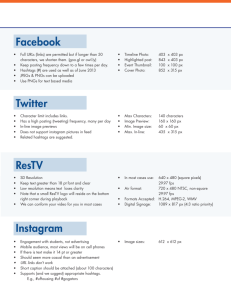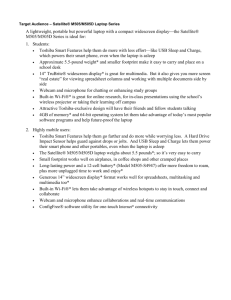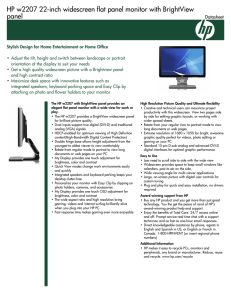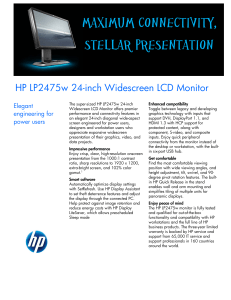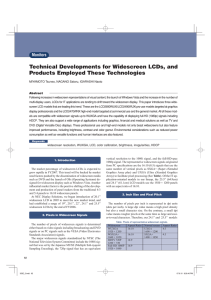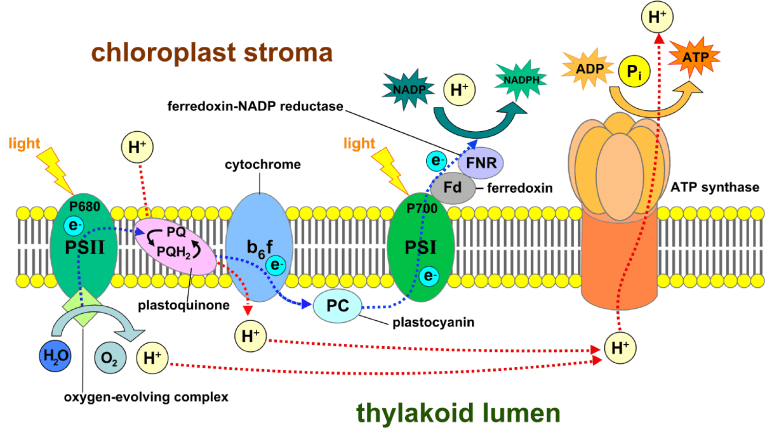
Widescreen Presentation This template is formatted with a 16:9 “widescreen” aspect ratio. It’s a great way to take advantage of laptops, televisions and projectors equipped with widescreen displays. Even if you do not have a widescreen display, you can still create and present 16:9 slides. PowerPoint’s Slide Show always resizes your slides to fit any screen. Widescreen Advantages Side by side material fits more naturally. Widescreen adds drama to graphics and images. Widescreen Graphics East Even a single graphic, such as a chart, can be presented more dramatically in widescreen. West North 90 46,9 45,9 38,6 30,6 45 43,9 34,6 31,6 27,4 20,4 20,4 1st Qtr 2nd Qtr 3rd Qtr 4th Qtr Widescreen Pictures Pictures can also be presented more dramatically in widescreen. Creating 16:9 Presentations To setup a widescreen presentation, do one of the following: Start with this template. Simply delete the example slides and add your own content. Or, go to the Design tab and open the Page Setup Dialog. Click the Slide Size dropdown and pick On-screen Show (16:9) (Note: we also support 16:10, which is a common widescreen laptop resolution. ) Important: Always start with your slide size set to the aspect ratio you intend to use. If you change the slide size after you’ve created some slides, your pictures and other graphics will be resized. This could potentially distort their appearance. Slide Show Tips To present in true widescreen, you’ll need a computer and, optionally, a projector or flat panel that can output widescreen resolutions. Common computer widescreen resolutions are 1280 x 800 and 1440 x 900. (These are 16:10 aspect ratio, but will work well with 16:9 projectors and screens.) Standard high definition televisions resolutions are1280 x 720 and 1920 x 1080. Use the Test Pattern on the next slide to verify your slide show settings. Widescreen Test Pattern (16:9) Aspect Ratio Test (Should appear circular) 4x3 16x9

